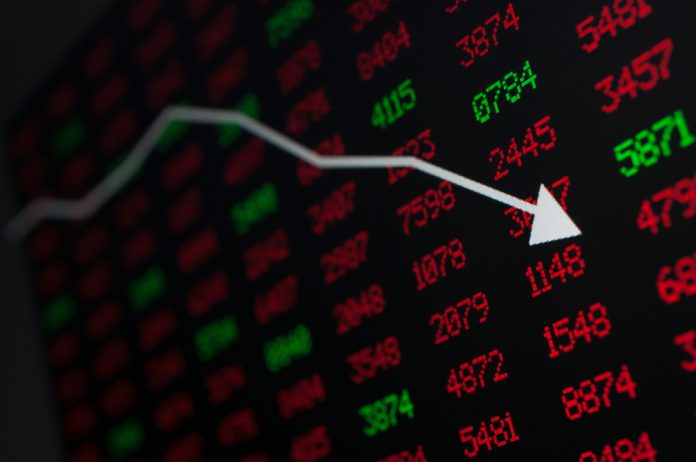The pound has slumped to an eight year low against the euro after the euro was boosted by strong economic data and the pound continues to fall from Brexit uncertainty.
The pound has not been so low since 2009, aside from the “flash crash” in October.
One pound now buys just €1.0867, showing a strong performance of the euro zone economy. The new IHS Markit survey published on Wednesday showed that manufacturing export orders have been growing at their fastest pace for over six years.
The same survey also showed the German economy to be growing at a faster pace than had been previously expected.
The slump in the pound will hit British holidaymakers hard, making accommodation, meals and tolls in euros more expensive.
The UK’s currency has weakened considerably since the referendum vote in June 2016 due to the uncertainty caused.
The Government has so far made very little progress in the EU negotiations. This is likely to increase the likelihood of further uncertainty which has the potential to dampen investment.
Any developments made will not yet have any positive effects on the pound.
“We think it’s too early in the cycle for Brexit details to have a dramatic effect on the pound,” said Stephen Gallo, Bank of Montreal strategist.
“But there hasn’t been any real progress from Brexit negotiators on shifting the discussions from exit conditions over to trade.”
Dean Turner at UBS Wealth Management said: “Indicators for the manufacturing sector show that the weaker currency is boosting export demand. It should also make the UK a relatively attractive place for foreign companies to invest.
Political noise ebbs and flows and, with it, exchange rates. Eventually, economic fundamentals assert themselves, and they suggest that the pound’s journey south against the euro is probably closer to the end than the beginning.”
The pound was also trading below the US dollar, trading below $1.28.

